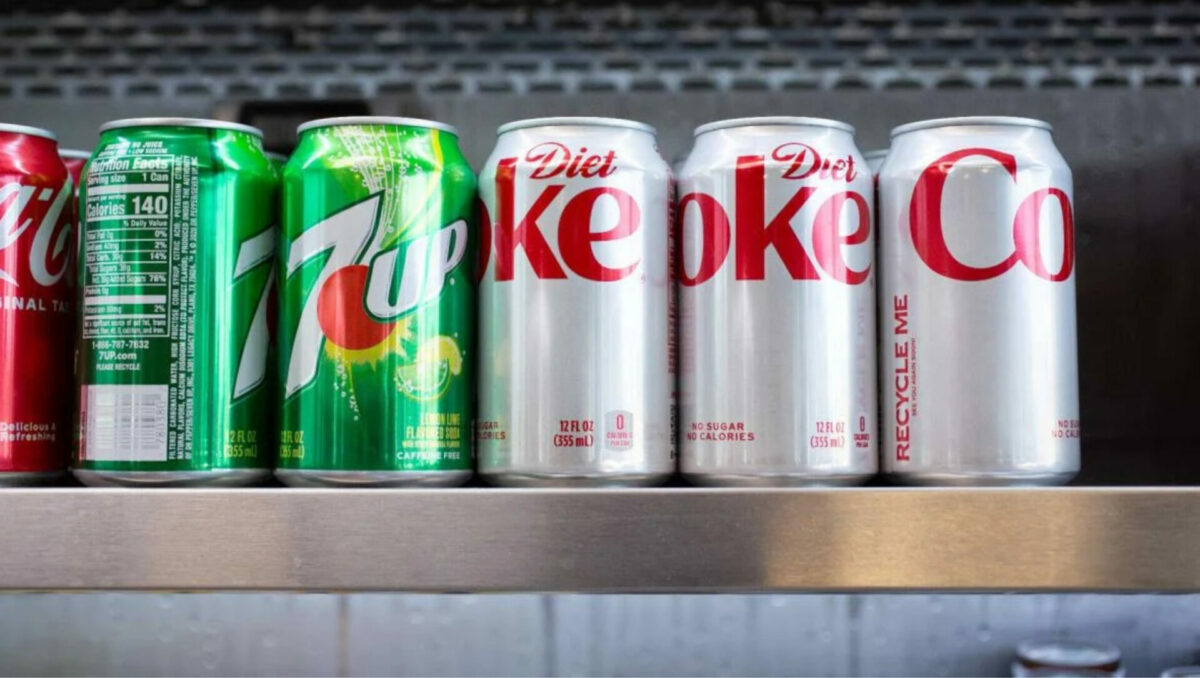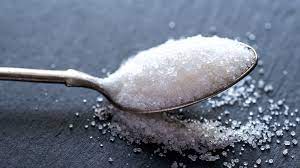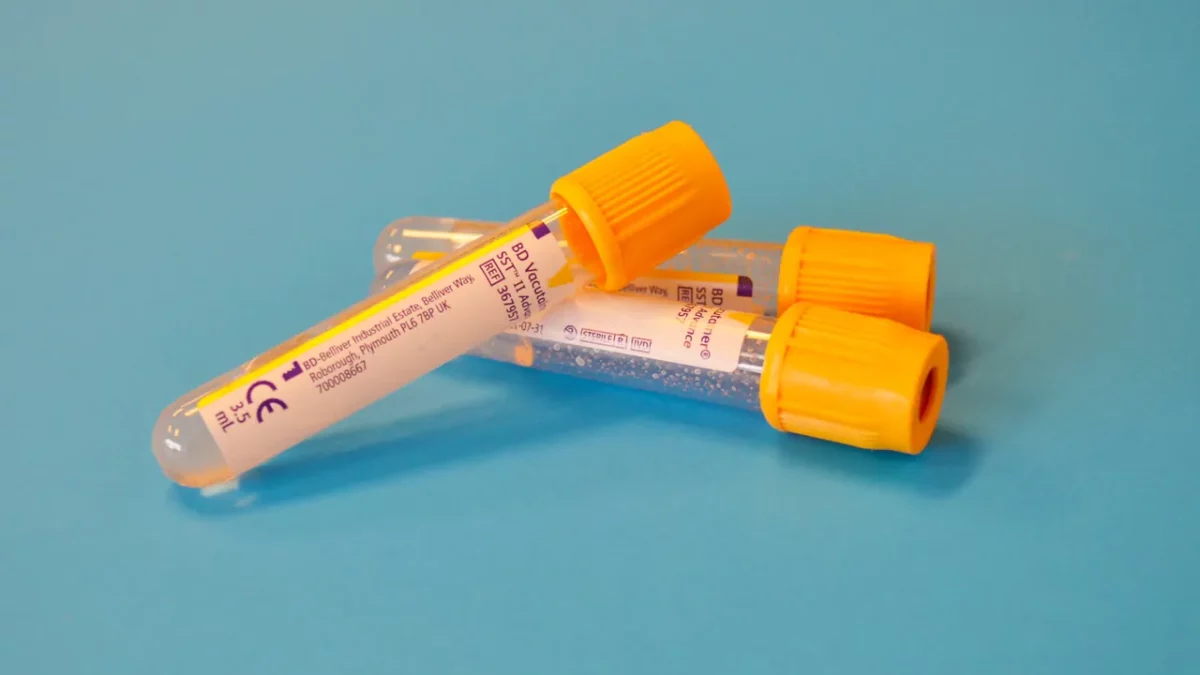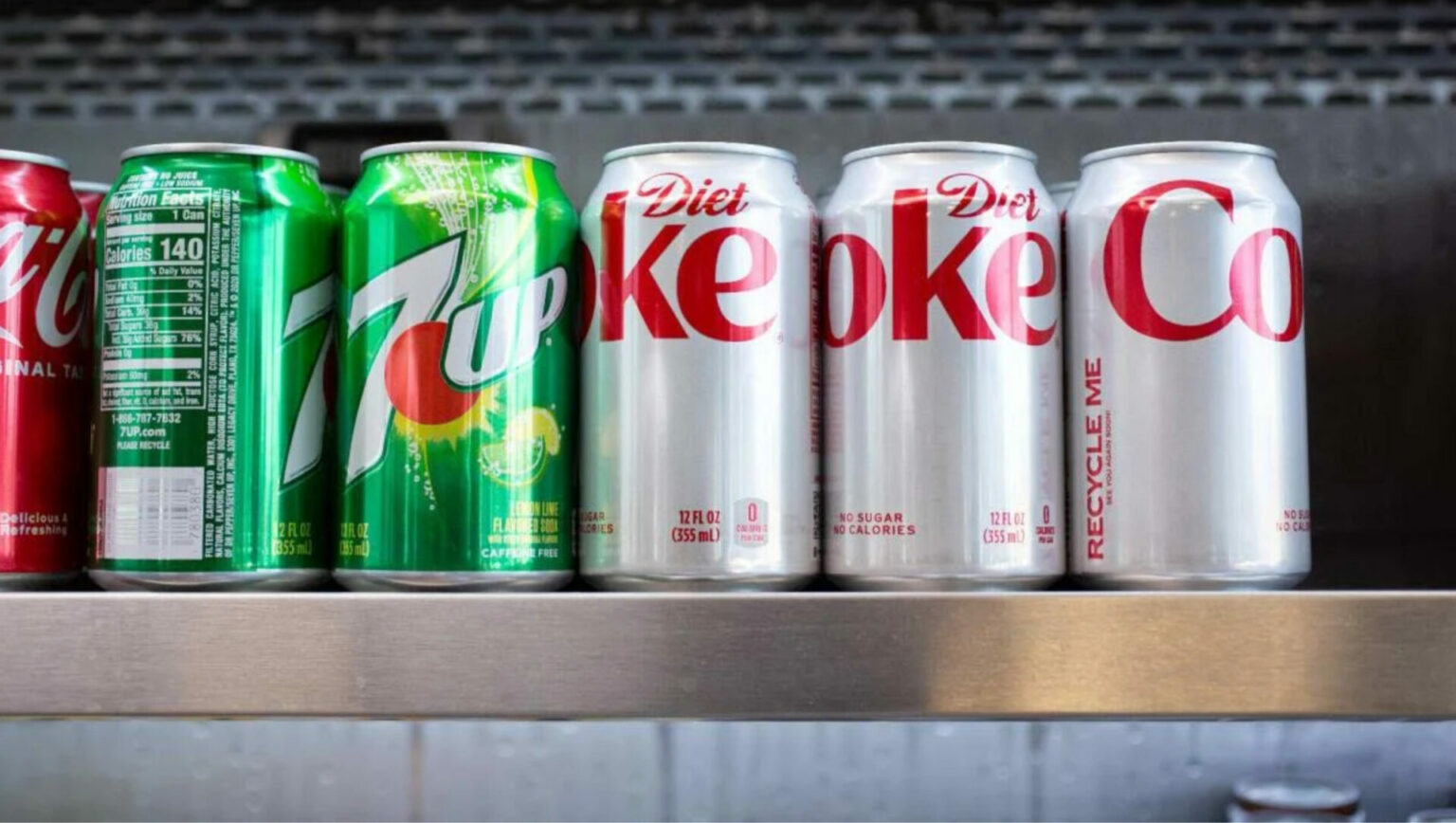A popular sweetener used in goods like Diet Coke will be classified as potentially carcinogenic by the International Agency for Research on Cancer (IARC), a division of the World Health Organisation that conducts cancer research, in July 2024.

Aspartame, a low-calorie artificial sweetener, is about 200 times sweeter than sugar. It is a white, odorless powder present in various goods, including diet Coca-Cola sodas several Snapple beverages, Mars’ Extra chewing gum, and.
IARC classification of Carcinogens
Carcinogenic, probably carcinogenic, potentially carcinogenic, and not classifiable are the four categorization levels used by IARC. In lieu of how dangerous a chemical is, the levels are determined by the strength of the evidence.
The first category consists of materials that are shown to cause cancer, from processed beef to asbestos. Red meat consumption and working overnight both come into the “probable” category, which signifies the presence of poor evidence that these items can cause cancer in humans but greater evidence that they can do the same in animals or that they share characteristics with other human carcinogens.
Mobile phone use is “possibly cancer-causing” owing to the “radiofrequency electromagnetic fields” that are produced. This indicates that similar to aspartame, there is either little evidence that it can cause cancer in humans, lots of evidence that it can cause the same in animals, or ample evidence that they have certain features. The last category, “not classifiable,” denotes a lack of sufficient data.
The Case of Aspartame Sweetener
Aspartame has been investigated for a long time, and a French study released in March 2021 suggested that those who take it may experience an increased chance of developing cancer. Researchers from the Sorbonne Paris Nord University and the French National Institute for Health and Medical Research examined data and discovered a potential increased risk for breast cancer and other malignancies linked to obesity.

However, no such correlation was found in earlier in-depth studies involving humans, and UK experts concluded that no causal link had been found.
IARC ruling on Aspartame
The IARC judgment is meant to determine whether or not anything is a potential hazard based on all the published evidence. The assessment of aspertame was completed earlier in June 2024 following a meeting of the group’s external specialists. However, what amount of a product an individual can safely consume is not considered. JECFA (the Joint WHO and Food and Agriculture Organization’s Expert Group on Food Additives), a different WHO expert group on food additives, provides this advise for individuals.
Nucleation of a Possible Controversy
Based on all of the published evidence, the IARC judgment is intended to decide whether or not anything is a possible threat. It was finished earlier this month after a gathering of the group’s outside experts. It is not considered how much of a product a person can safely consume. This guidance for individuals is provided by JECFA (the Joint WHO and Food and Agriculture Organization’s Expert Body on Food Additives), a distinct WHO expert body on food additives, as well as judgments made by national regulators.

Since 1981, JECFA has affirmed that aspartame is safe to consume within prescribed daily limits. For instance, if a 60 kg (132 lb) adult consumes 12 to 36 cans of diet soda per day, he will put himself in danger related to aspartame consumption. However, National regulators, including those in the United States and Europe, mostly concur with this viewpoint.
The International Sweeteners Association (ISA), which has Mars Wrigley, Coca-Cola, and Pepsico as its members, reacted strongly to the news by asserting that the imminent IARC judgment was based on “widely discredited research” and it could lead to huge confusion among consumers.












